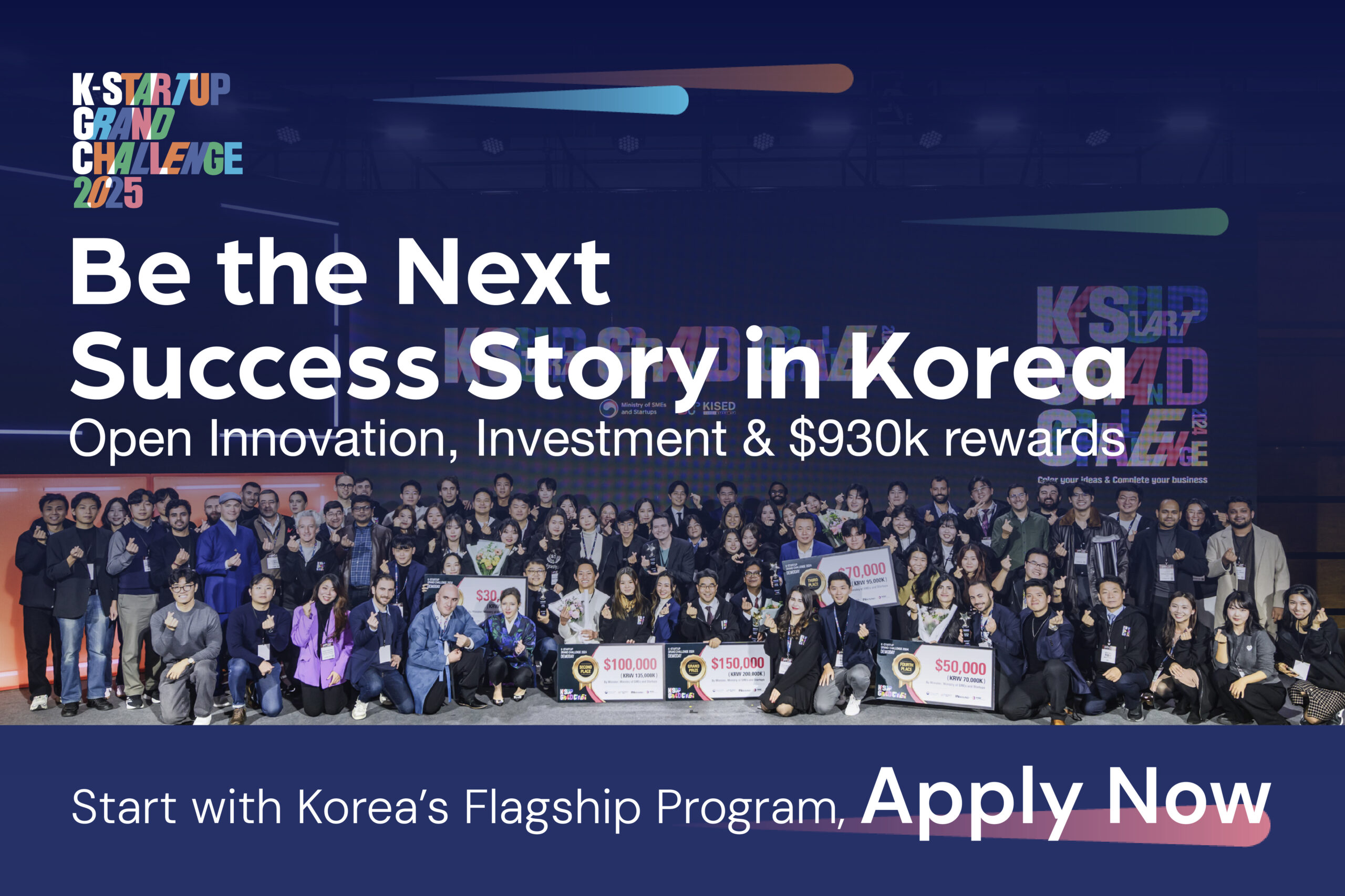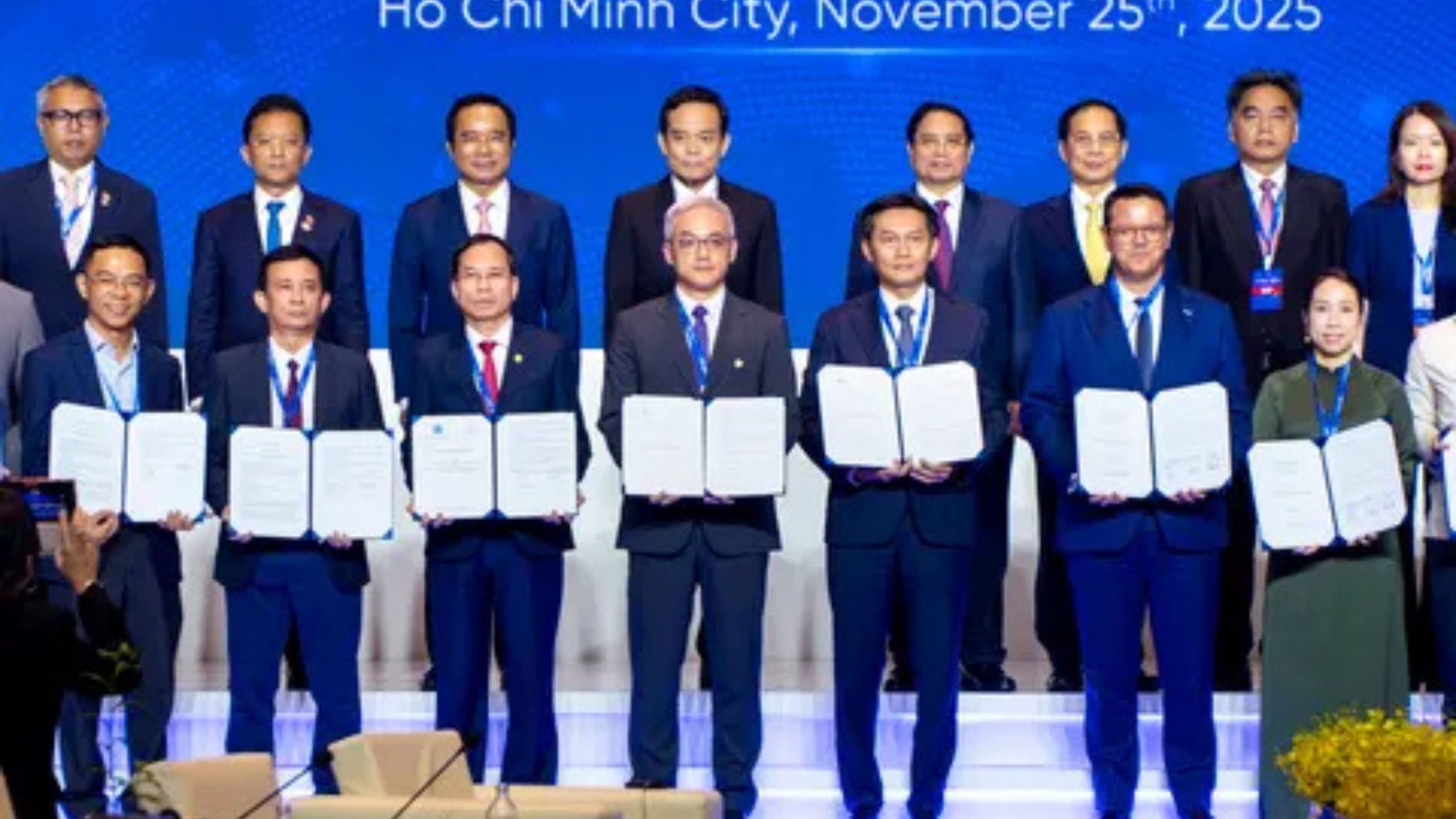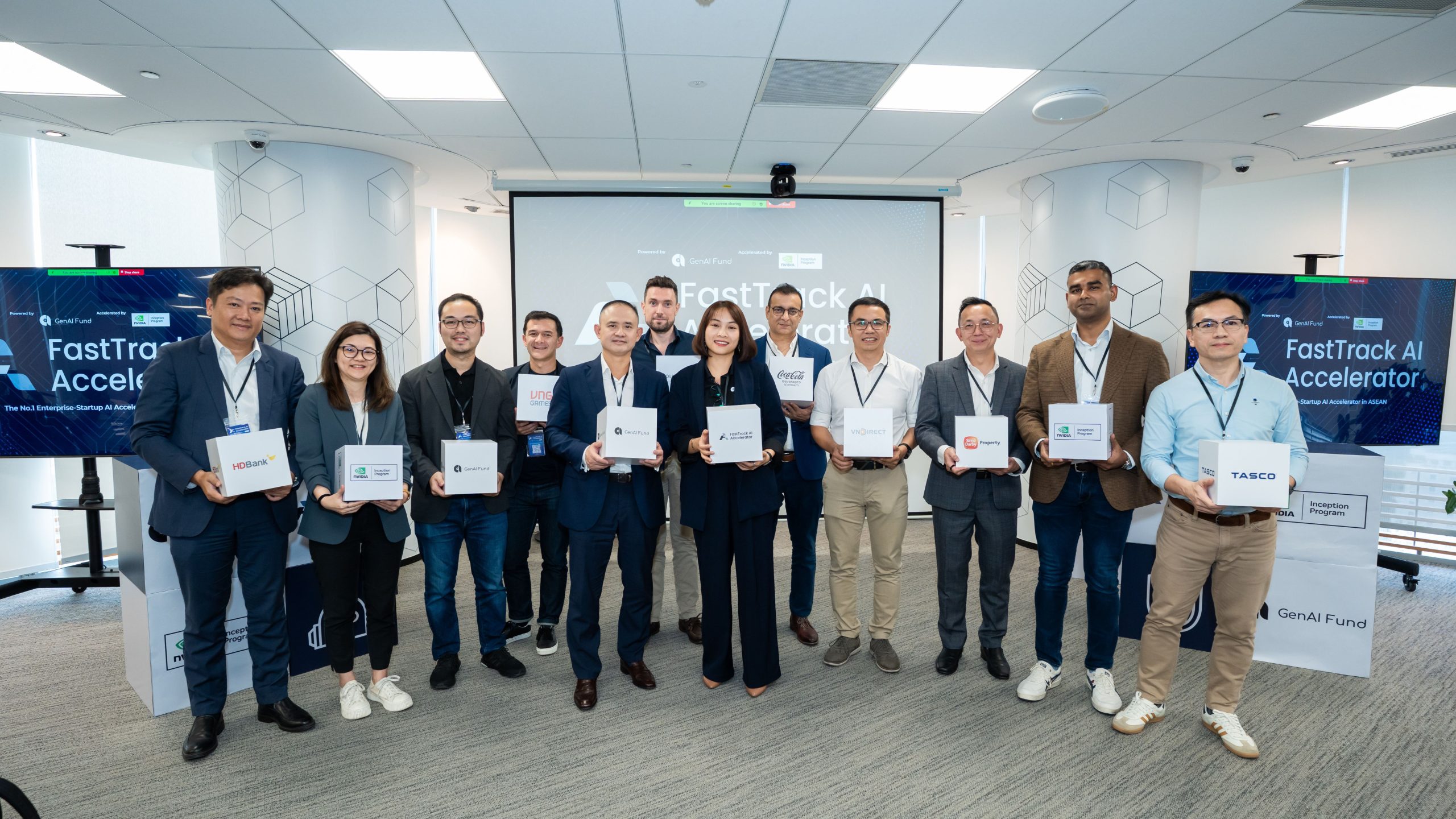AsiaTechDaily – Asia's Leading Tech and Startup Media Platform

Visa-Ready and Founder-First: Inside Korea’s KSGC 2025 Startup Acceleration Program
As part of its vision to become Asia’s leading destination for global startups, South Korea has launched a comprehensive strategy that combines visa innovation, generous funding, and corporate collaboration through the K-Startup Grand Challenge (KSGC) 2025. Marking its 10th anniversary, the government-led initiative is designed to remove common entry barriers for international entrepreneurs and help them establish a strong foothold in the Korean market.
With a combined offering of up to ₩950 million (US$633,000) in non-dilutive government support, direct access to Korea’s largest conglomerates, and now, a dedicated Startup Korea Special Visa, KSGC 2025 delivers one of the most founder-friendly environments in Asia for global startups to scale and thrive.
Breaking Immigration Barriers with the Startup Korea Special Visa
In December 2024, the Ministry of SMEs and Startups (MSS) introduced the Startup Korea Special Visa (D-8-4(S)), designed specifically to attract high-potential global entrepreneurs to Korea. This special visa removes the academic, financial, and residency hurdles typically associated with work and startup visas. Instead, it prioritizes startup innovation, feasibility, and market fit, as assessed by a panel of non-governmental experts.
Startups can apply for the visa even before incorporating in Korea, with a six-month window granted post-issuance to formally establish operations. The application process is rolling and accessible from overseas, allowing global founders to apply through Korean embassies. There is no requirement for previous Korean residency or standardized qualifications like OASIS scores, making this visa remarkably inclusive.
Sectors eligible under this program include AI, robotics, biotech, energy, cybersecurity, and advanced manufacturing, aligning with Korea’s national growth priorities. Once approved, founders gain not just legal residency, but an on-ramp into Korea’s deep-tech and corporate ecosystem—significantly smoothing the market-entry process for global startups.
How the Startup Korea Visa Is Issued
To receive the D-8-4(S) visa, applicants must first submit a business plan and required documents to the Ministry of SMEs and Startups (MSS). Once reviewed for completeness, the startup is invited to a monthly evaluation session, where founders pitch their ideas to a non-governmental expert committee. The evaluation consists of a 10-minute presentation followed by a Q&A, and can be conducted online or in person.
Startups that pass the screening receive a recommendation letter from MSS, which is valid for six months. With this letter, applicants can apply for the D-8-4(S) visa through Korean immigration offices or embassies abroad. Importantly, founders do not need to have already established a Korean legal entity to qualify. Once granted, the visa provides a legal basis for startup activity and a pathway to long-term residence, provided the business becomes operational within six months.
KSGC 2025: A Gateway to the Korean Market and Beyond
At the heart of this shift lies the K-Startup Grand Challenge (KSGC)—Korea’s flagship global inbound acceleration program. Hosted by the MSS and operated by KISED and GCCEI, KSGC 2025 is now open for applications until June 13, 2025. The program spans three structured phases from July 2025 to April 2026, with a hybrid format that allows startups to begin remotely and transition to on-site operations in Korea.
- Phase 1 (Market Exploration): 3 weeks online for 80 teams
- Phase 2 (Market Entry): 3 months on-site for 40 teams
- Phase 3 (Market Growth): 3 months of scale-up support for 20 teams
Each phase is designed to support localization, investor engagement, incorporation, and long-term expansion. In addition to stipends and grants, top-performing teams can win up to ₩380 million (US$253,000) in equity-free prizes and up to ₩50 million (US$33,000) in follow-on commercialization support.
Corporate Integration: Partnerships with Korea’s Biggest Companies
What truly sets KSGC apart is its deep integration with Korea’s leading industrial giants, including Samsung, Hyundai, LG, KT, and more than 20 other conglomerates. Through Proof of Concept (PoC) projects and open innovation platforms coordinated by the Gyeonggi Center for Creative Economy & Innovation (GCCEI), startups have the opportunity to build real partnerships and pilot technologies in high-impact corporate environments.
In 2024, for instance, Singapore-based Polymerize, the KSGC winner, partnered with KAIST, launched PoCs with over 10 Korean firms, secured Series A bridge funding, and signed a commercialization deal with a major chemical company—all within months of joining the program.
Startups also gain exposure through pitch opportunities at the APEC SME Ministerial Meeting and COMEUP 2025, Korea’s premier startup conference, connecting them with policymakers, global media, and Korea’s most active investors.
One Unified Platform to Launch and Scale in Korea
By combining strategic visa access, generous public funding, and corporate collaboration into a single, streamlined program, KSGC 2025 offers one of the most comprehensive soft-landing platforms for foreign startups anywhere in the world. Add to this Korea’s thriving tech infrastructure, R&D capabilities, and talent pool—and the barriers that once held back foreign founders are now practically gone.
As Jonghwi Lee, Global Division Director at GCCEI, noted, “KSGC 2025 reflects Korea’s commitment to being more than a launchpad—it’s a true partner in global growth.”
With applications closing on June 13, 2025 (15:00 KST), global startups looking to scale into Asia are encouraged to apply now. Whether through a streamlined visa, robust funding, or partnerships with top Korean firms, KSGC 2025 is Korea’s open invitation to the world’s boldest entrepreneurs.


